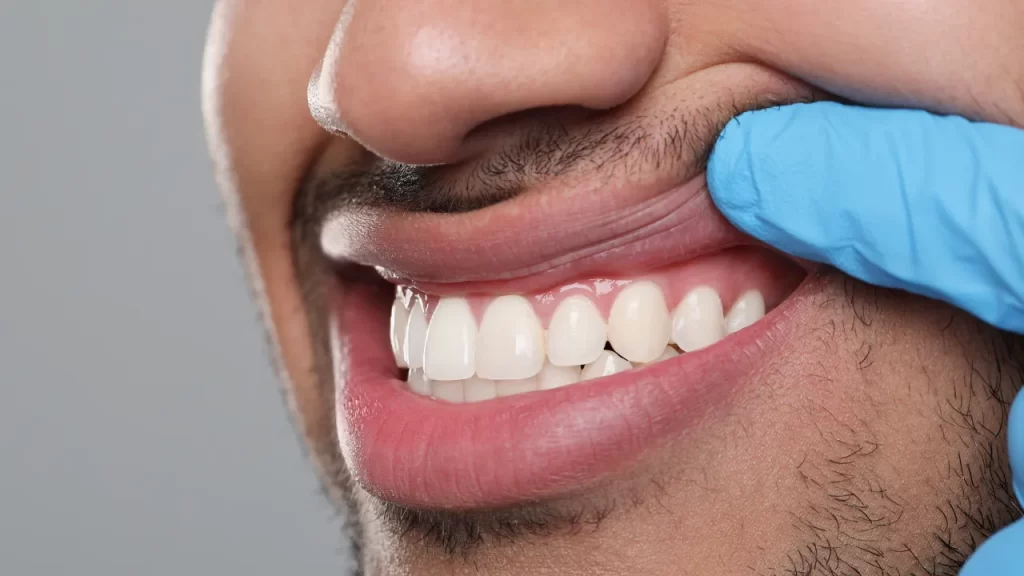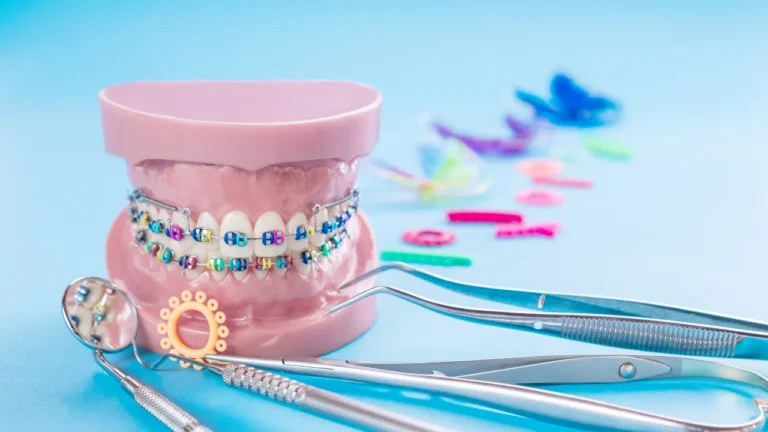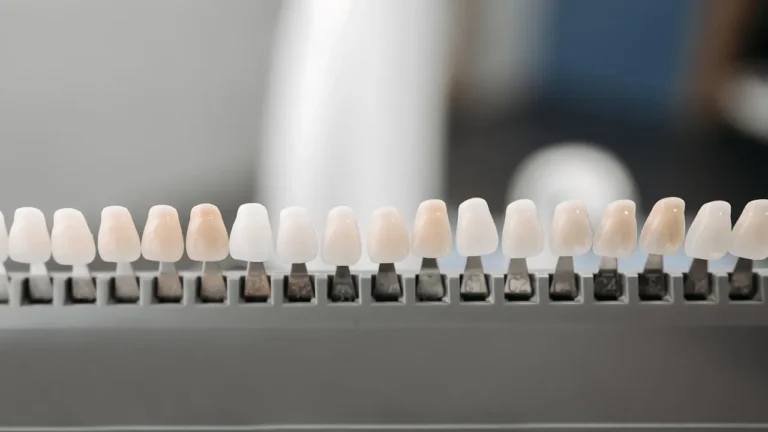Receding gums can be a real concern for many people, leading to tooth sensitivity and even tooth loss if left untreated.
So, what exactly causes gums to recede, how can we treat this issue, and most importantly, how can we prevent it?
Let’s dive into these questions to help keep your gums healthy and your smile bright.
Causes of Receding Gums
- Poor Oral Hygiene: Inadequate brushing and flossing can lead to plaque buildup, which eventually turns into tartar. This hardens and causes gum disease, a leading factor in gum recession.
- Genetics: Sometimes, it’s in the genes. If your family has a history of gum disease, you might be more prone to gum recession.
- Aggressive Brushing: Brushing too hard or using a hard-bristled toothbrush can wear down the enamel and push gums away from teeth. Stick to soft-bristled brushes and gentle brushing techniques.
- Tobacco Use: Smoking and chewing tobacco are harmful to gum health. They increase plaque buildup and make gums more susceptible to disease.
- Hormonal Changes: Women might notice changes in their gum health during puberty, pregnancy, or menopause due to hormonal fluctuations. These changes can make gums more sensitive and prone to recession.
- Teeth Grinding and Clenching: These habits put extra pressure on teeth and gums, leading to recession over time. Using a mouthguard at night can help alleviate this pressure.
- Misaligned Teeth or Bite When teeth do not come together properly, it can create excessive force on the gums and bone, leading to recession.
Treatment Options for Receding Gums
- Professional Deep Cleaning: Scaling and root planing are common procedures where a dentist removes plaque and tartar from below the gum line, smoothing the root surfaces to help gums reattach to teeth.
- Medications: Antibiotic mouthwash or topical antibiotics may be prescribed to reduce bacteria and inflammation.
Surgical Treatments
- Gum Graft Surgery: This involves taking tissue from another part of your mouth and attaching it where the gums have receded. It helps to cover the exposed roots and prevent further recession.
- Pinhole Surgical Technique: A minimally invasive option where the dentist makes a small hole in the gum tissue and uses special instruments to loosen and reposition it over the receded part.
- Regenerative Procedures: Techniques like bone grafts and tissue-stimulating proteins can help regenerate the bone and gum tissue that have been lost.
Preventive Measures to Keep Gums Healthy
- Proper Oral Hygiene: Brush twice a day with a soft-bristled toothbrush and floss daily to remove plaque between teeth.
- Regular Dental Check-Ups: Visit your dentist at least twice a year for professional cleanings and check-ups to catch any early signs of gum disease.
- Healthy Diet: Eat a balanced diet rich in vitamins and minerals, particularly Vitamin C and calcium, to support gum health.
- Quit Tobacco Use: Quitting smoking or chewing tobacco can significantly improve gum health and reduce the risk of recession.
- Use of Mouthguards: If you grind or clench your teeth, wearing a mouthguard at night can protect your gums from excessive pressure.
- Gentle Brushing Technique: Use gentle, circular motions when brushing to avoid damaging your gums. Switching to an electric toothbrush with a pressure sensor can also be beneficial.









